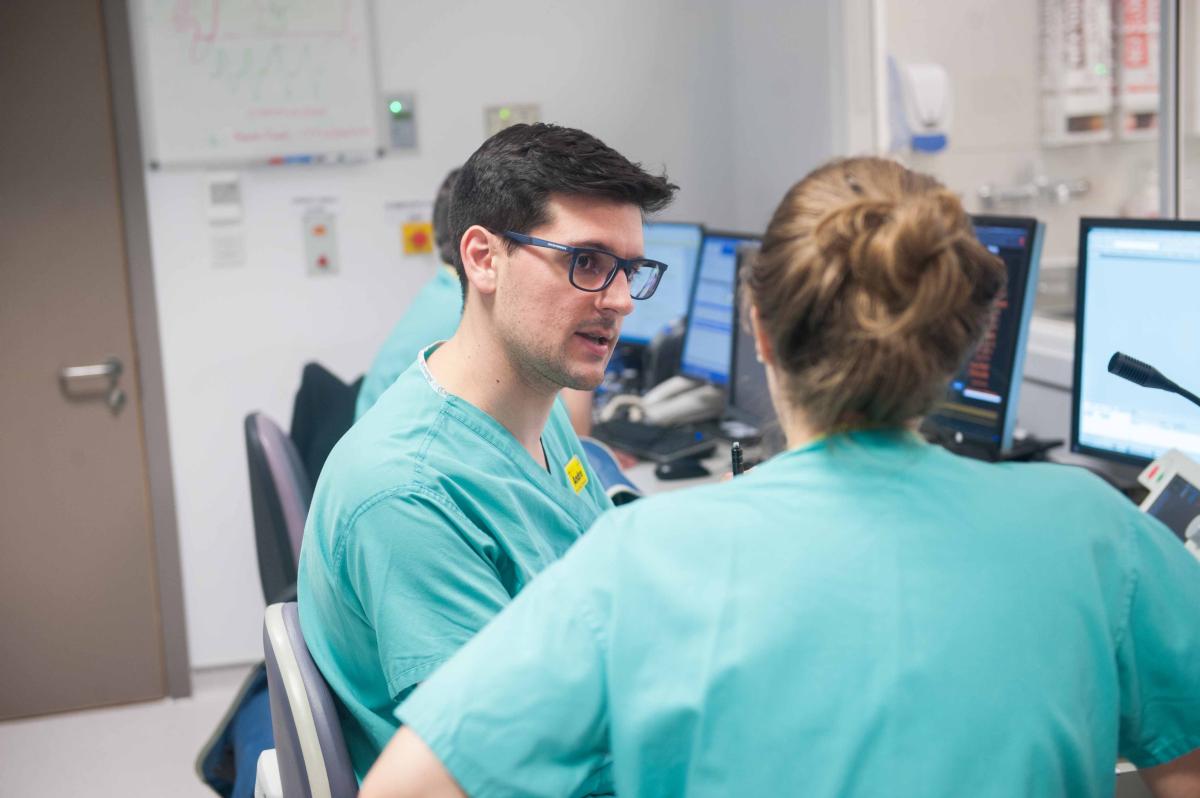AI can diagnose heart disease in four seconds

Artificial intelligence can spot heart problems with similar precision to experts in a fraction of the time, according to a new study published in the journal Circulation: Cardiovascular Imaging.
The research, co-led by staff at St Bartholomew’s Hospital, found that artificial intelligence was 186 times faster than humans at reading cardiac MRI scans, potentially saving the equivalent of 54 clinician-days per year at each cardiac centre in the UK.
Cardiac MRI scans are used regularly by clinicians to assess the structure and function of the heart in detail.
The scan, which typically takes a human around 13 minutes to complete, informs a number of important treatment decisions, including the safe use of chemotherapy and the timing of cardiac surgery.
It is estimated that around 150,000 cardiac MRI scans take place in the UK each year.
Researchers trained a neural network to read the cardiac MRI scans of almost 600 patients, which was then tested for precision on data from 110 separate patients with a range of diseases from different UK sites.
They found that there was no significant difference between the fully automated machine learning approach and human experts.
The research was supported in part by a grant from Barts Charity.
Dr Charlotte Manisty, consultant cardiologist and senior author of the study, said: “Cardiovascular MRI offers unparalleled image quality for assessing cardiac structure and function, however current manual analysis remains crude.
“Automated machine learning techniques offer the potential to change this and radically improve efficiency, although demonstrating superiority over human observers has yet to be shown.”
She added: “Our dataset of patients with a range of cardiac diseases scanned twice enabled us to demonstrate that the greatest sources of measurement error arise from human factors, and that automated techniques are at least as good as humans, with the potential soon to be ‘super-human’ - transforming clinical and research measurement precision.”
